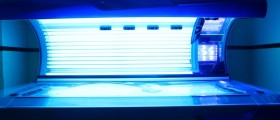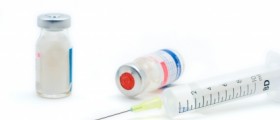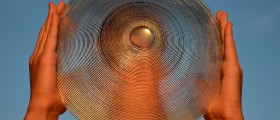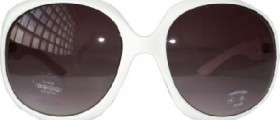Spray Tanning During Pregnancy
Sunless tanning products, including so-called spray tans that are actually airbrushed onto your body, are able to offer you the appearance of a seriously sun-kissed body without ever needing to sunbathe. They do this with the help of the chemical dihydroxyacetone, which attaches to your skin cells for anywhere from a few days to a week or so.
Because the safety of inhaling or ingesting dihydroxyacetone is very much unclear, good salons will make sure your eyes, nose, mouth, and other mucus membranes are protected from exposure to the product when you get a spray tan. Any salon not doing this isn't one you should be getting a spray tan from, whether or not you are pregnant.
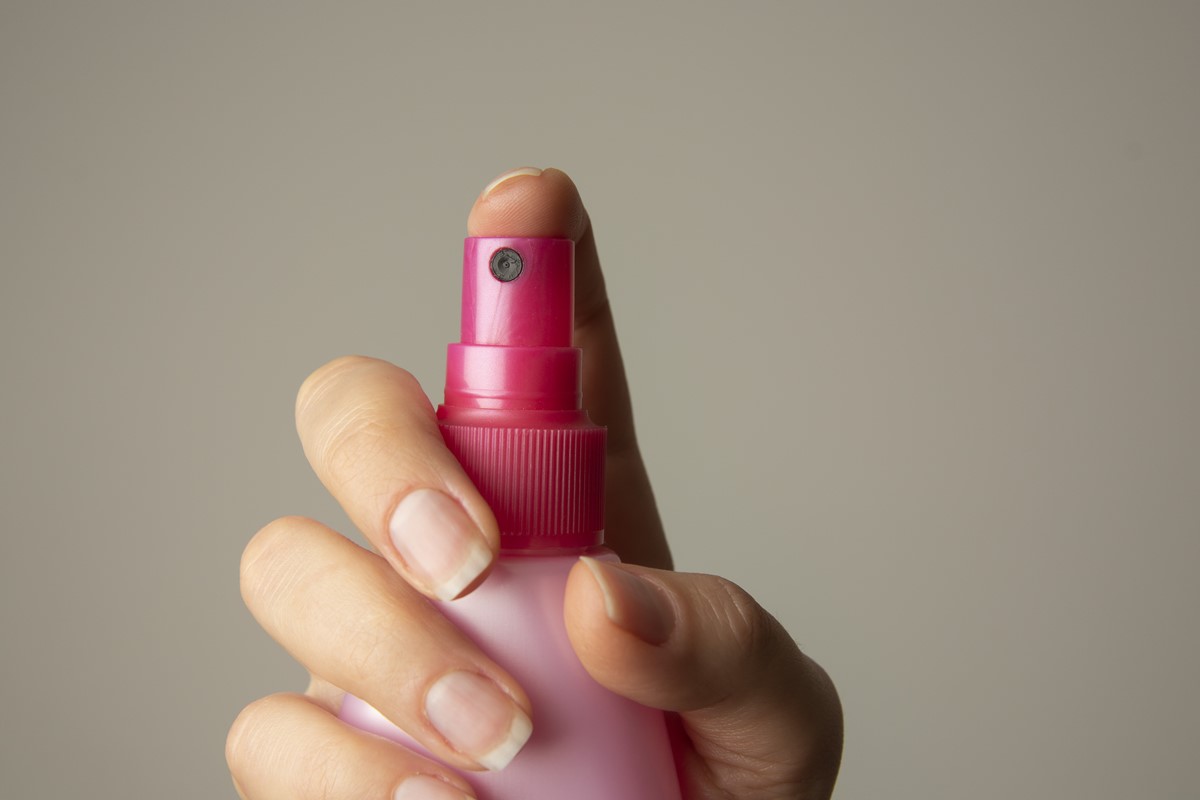
Might you have allergic reactions to spray tanning? Might some ingredient in the product you are having applied do long-term damage nobody is yet aware of? Yes to both. I'll say that I personally think very pale, untanned ("milk jug") skin is as beautiful as any other skin color, and you'll save a lot of hassle by not getting spray tans during pregnancy (and any other time for that matter). If you "must' have a tan, however, well — the damage sun tanning can do are very well-documented indeed, and spray tanning is generally a whole lot safer.
Being Out In The Sun While Pregnant
Your skin becomes a lot more sun-sensitive while you're expecting, increasing your risk of the infamous "pregnancy mask" (chloasma) and even meaning you'll likely get a sunburn much more quickly. It is not currently known whether excessive exposure to UV rays can harm your unborn baby, though there is evidence that suggests sun exposure can lower your folic acid levels. Folic acid is, as you know, crucial during the first trimester of pregnancy, so talk to your doctor about supplements, especially if you are out in the sun a lot.
Tanning Beds And Pregnancy
If you're a regular tanner, you'll have heard all of this before. Nonetheless, here we go. Using tanning beds can, like being a sun seeker and going for an all-natural tan, lead to premature aging, eye damage, sunburn, and of course skin cancer.





